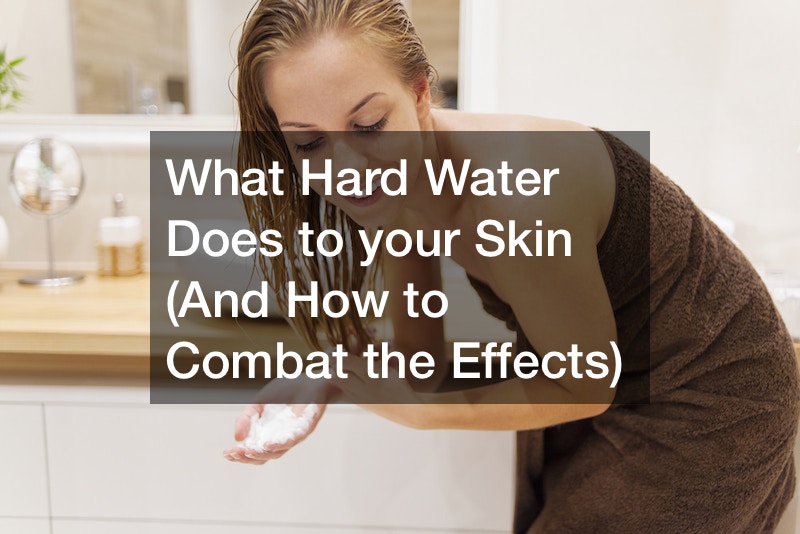
What Hard Water Does to your Skin (And How to Combat the Effects) – Healthy Huntington
What hard water does to your skin This product in conjunction with the water softener. The reverse osmosis system will remove 95% of all common additives in the water, which includes sodium. When you drink soft water, you can expect more lather, no residue on the skin, no irritation to your face, and healthier skin.
Water Temperature
Do not use very hot water on your face as it can leave your skin dry and irritated, exacerbating the effects of hard water. Although cold water does not rid your face of oily residue but it does lessen the appearance of bags under the eyes. In fact, the American Academy of Dermatology recommends using warm water for washing your face. Warm water will plump your skin , and decrease the size of pores. It is recommended to wash your face at least twice per day. Once in the morning , and another after a night’s sleep. Don’t overwash your face. It will not help in repairing the damage caused by hard water. Keep your bathing duration to it to a minimal amount.
Choose a cleaner that is suited to your needs.
Cleansers and body washes to keep your skin in good shape; these include moisturizers and un-fragranced emollient washes. The products that don’t have perfumes or dyes tend to be better to your skin. To minimize the harm hard water causes to the skin, search for cleaners and moisturizers without soap. Reduce the amount of hard water through moisturizing creams and moisturizers which contain ceramides and humectants. Ceramides keep water in while humectants work as water-based services that pull water into the epidermis, away from the dermis, therefore keeping the skin’s outer layer hydrated.
There are also skincare products that have a chelator to combat the adverse effects of hardwater. One ingredient which will remove the calcium from your skin is a the chelator. You will find the ingredient EDTA it is Ethylene diamine Tetra Acetate. It can be added to creams, moisturizers and lotions as well as cleansers, cleaners and serums. Ac
eyzkujoluw.




